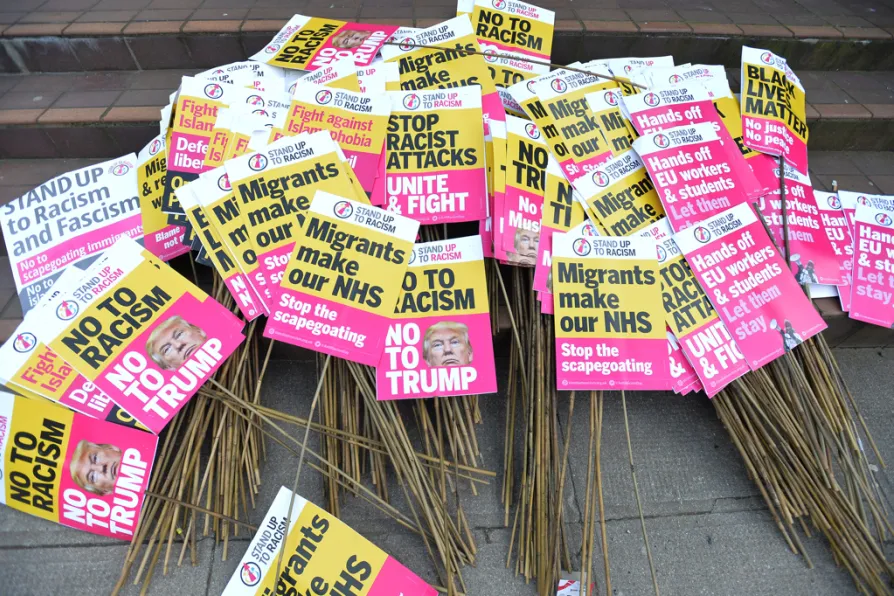The long-term effects of chemical weapons such as Agent Orange mean that the impact of war lasts well beyond a ceasefire
We cannot allow working people to be divided by racism
WEYMAN BENNETT looks ahead to UN Anti-Racism Day and explains why it’s so important to hit the streets and march against racism on March 16


ON SATURDAY March 16 tens of thousands of people will take to the streets of London, Glasgow and Cardiff on the “Unite Against Racism and Fascism” marches initiated by Stand Up To Racism and supported by the TUC, most major trade unions, faith and campaigning organisations.
This year’s demonstrations are part of a genuinely international day of action with events in London, Glasgow, Cardiff, Washington, New York and many cities across Europe and Australia.
The wave of UN Anti-Racism Day demonstrations is not just some annual ritual (although any event that marks the Sharpeville massacre in apartheid South Africa would be worthy of remembering).
Similar stories

JULIE SHERRY looks ahead to this weekend’s Stand Up to Racism and trade unions conference that will play a vital part in developing the urgent anti-fascist fightback

Campaigners express concerns about the of safety black and minority ethnic communities in London ahead of far-right march

Donald Trump’s inauguration has emboldened fascists in Britain, warns SABBY DHALU











